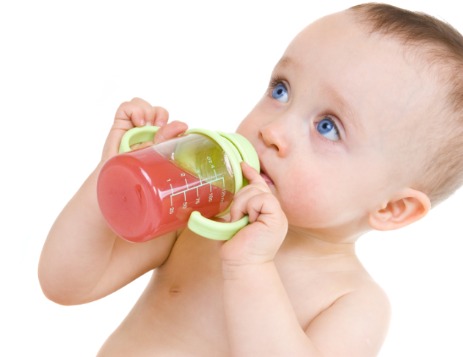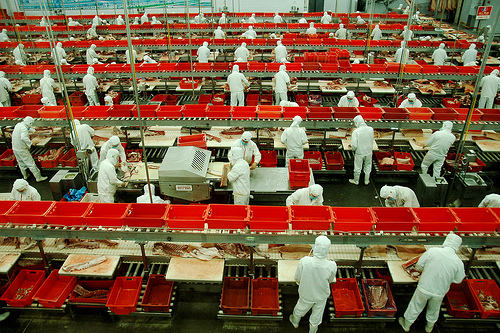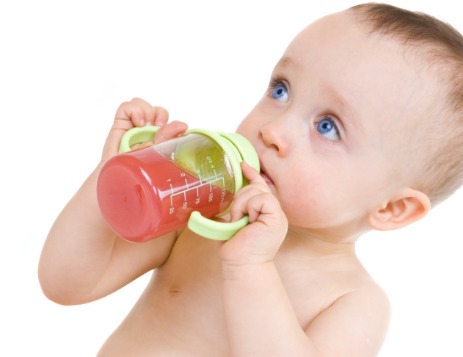 If I find out there’s BPA in this bottle, I’m going to throw a tantrum like you’ve never seen before.The California State Assembly today will vote soon on a bill to protect our most vulnerable residents — babies and toddlers — from Bisphenol-A (BPA), a harmful chemical in their food and drink containers.
If I find out there’s BPA in this bottle, I’m going to throw a tantrum like you’ve never seen before.The California State Assembly today will vote soon on a bill to protect our most vulnerable residents — babies and toddlers — from Bisphenol-A (BPA), a harmful chemical in their food and drink containers.
Assembly Bill 1319, the Toxin-Free Infants and Toddlers Act, would ban the use of BPA in baby bottles, sippy cups, infant formula, and baby food. The bill, authored by Assembly Member Betsy Butler (D), which was passed by both the Assembly Environmental Safety and Toxic Materials Committee and the Health Committee, is headed for a vote by the full assembly as soon as this week.
BPA is used in the manufacture of the lining of canned foods as well as cash register receipts, but this bill is limited to banning BPA in food contact products for young children. Despite this, the $6 billion chemical and formula industries reportedly spent $5 million to defeat last year’s BPA bill, which failed narrowly when two ill legislators, both of whom had voted for the bill previously, were absent for the crucial final vote. And the chemical industry is once again fiercely lobbying California lawmakers with the claim that BPA is safe and that safer alternatives are not available.
Consumers Union, the nonprofit publisher of Consumer Reports, has long warned of the dangers BPA in food containers, particularly for fetuses, infants, and small children. Our precautionary advice to consumers is based on more than 200 scientific studies that show clear links between BPA exposure and increased risk of cancer, diabetes, reproductive, neurological, and developmental disorders.
Studies show that BPA is in the bloodstreams of more than 90 percent of the population at levels that have shown harm in animal studies. And food appears to be a primary source of exposure. Children may metabolize BPA more slowly than adults and may therefore be particularly vulnerable to BPA, which has also been linked to early puberty, breast cancer, childhood obesity, autism, and hyperactivity.
Because of the existing and growing body of scientific knowledge about the health risks of BPA to consumers, BPA in children’s products has been banned in nine states, the European Union, and Canada. Most recently, China announced that it, too, would move to ban BPA. BPA-ban legislation is currently pending in 12 states.
There’s also a growing consumer and industry movement against this chemical. Many of the largest manufacturers of baby bottles are no longer selling bottles made with BPA. In addition, major retailers are in the process of phasing out selling baby bottles with BPA, or have already done so. Moreover, chemical giant Sunoco, acknowledging the safety concerns about BPA, announced they would restrict the sales of the controversial chemical in baby bottles and food containers for children under three. Just last week, grocery giant Kroger, having made sure that BPA is gone from the baby products it sells, announced that it is ridding the chemical from cans it uses in its store brands and the paper on which its receipts are printed.
California’s children are at a risk from BPA exposure. Big chemical and formula company money shouldn’t trump the health of babies and toddlers.
A version of this post first appeared on Civil Eats.




